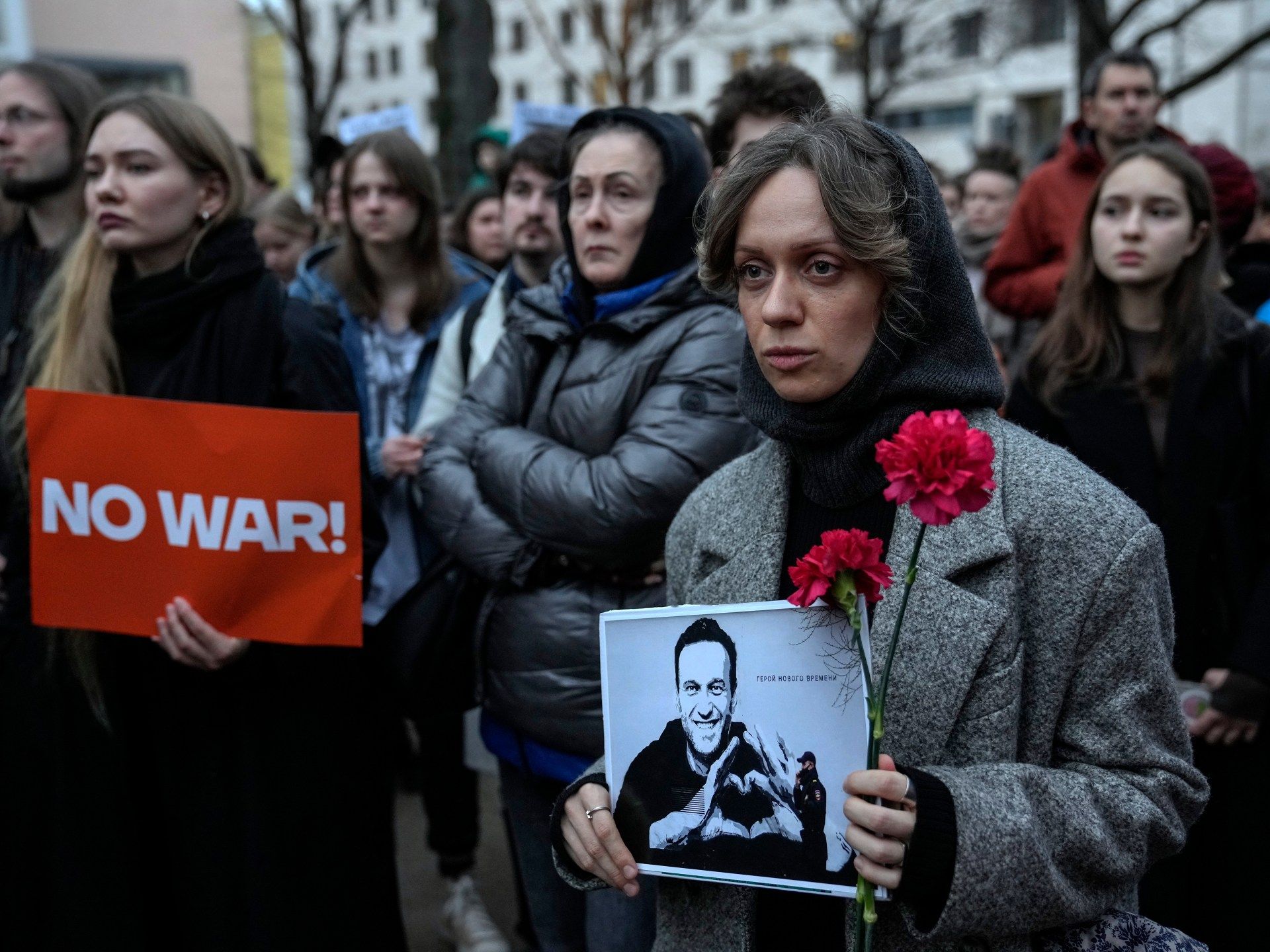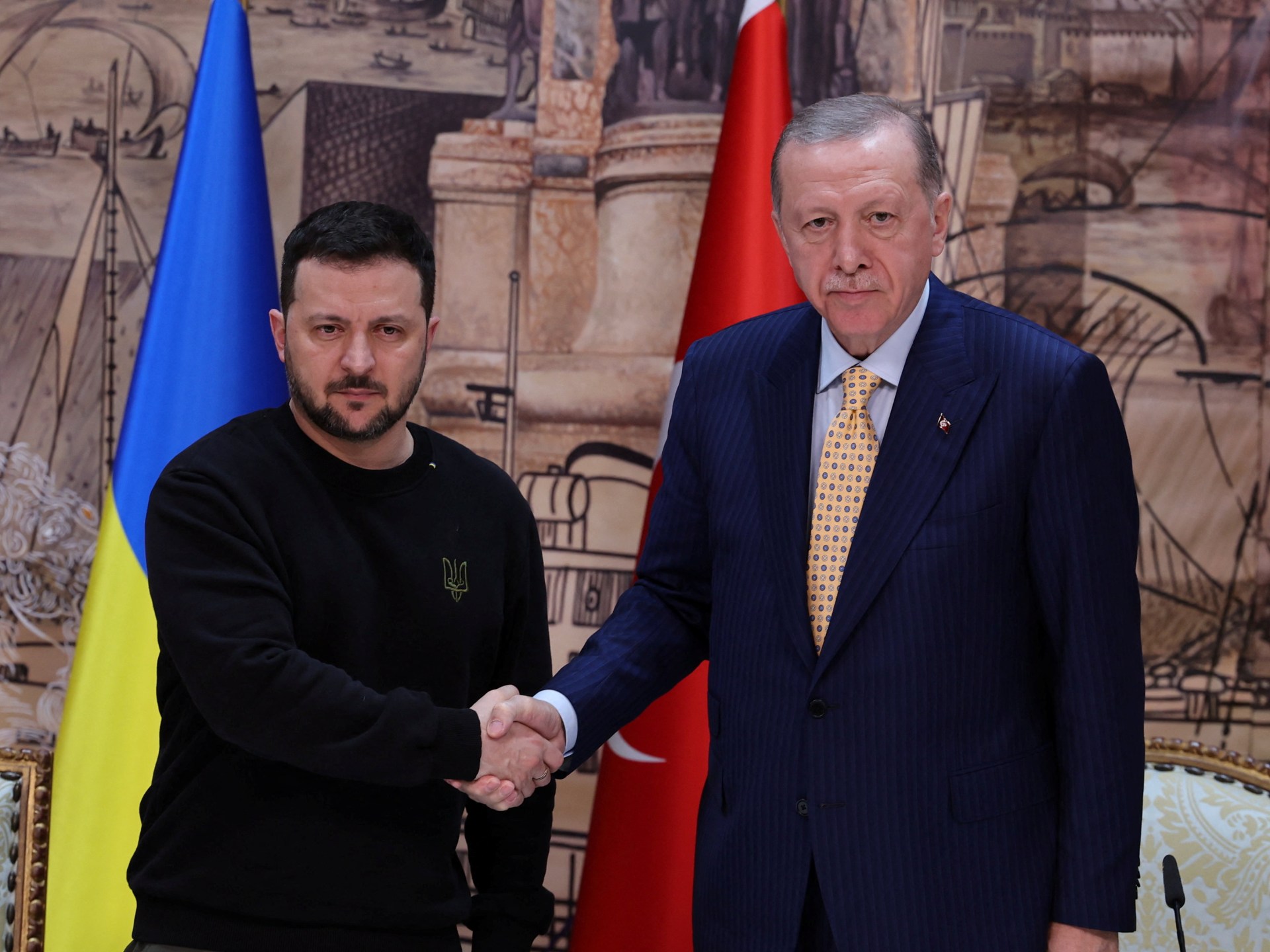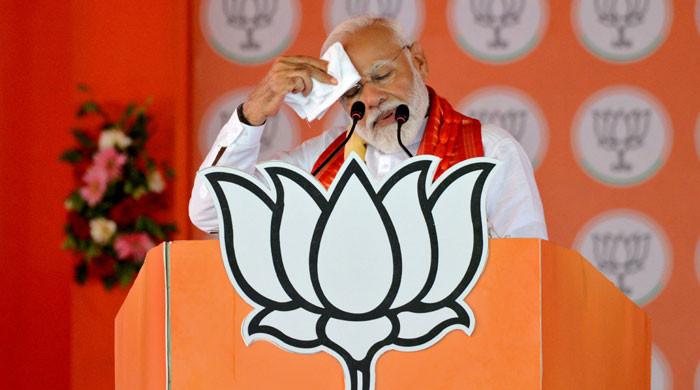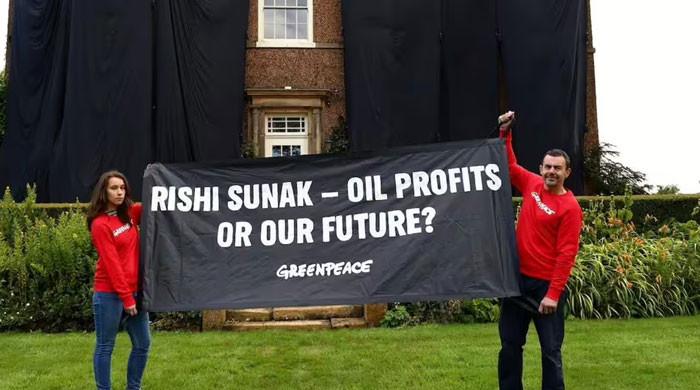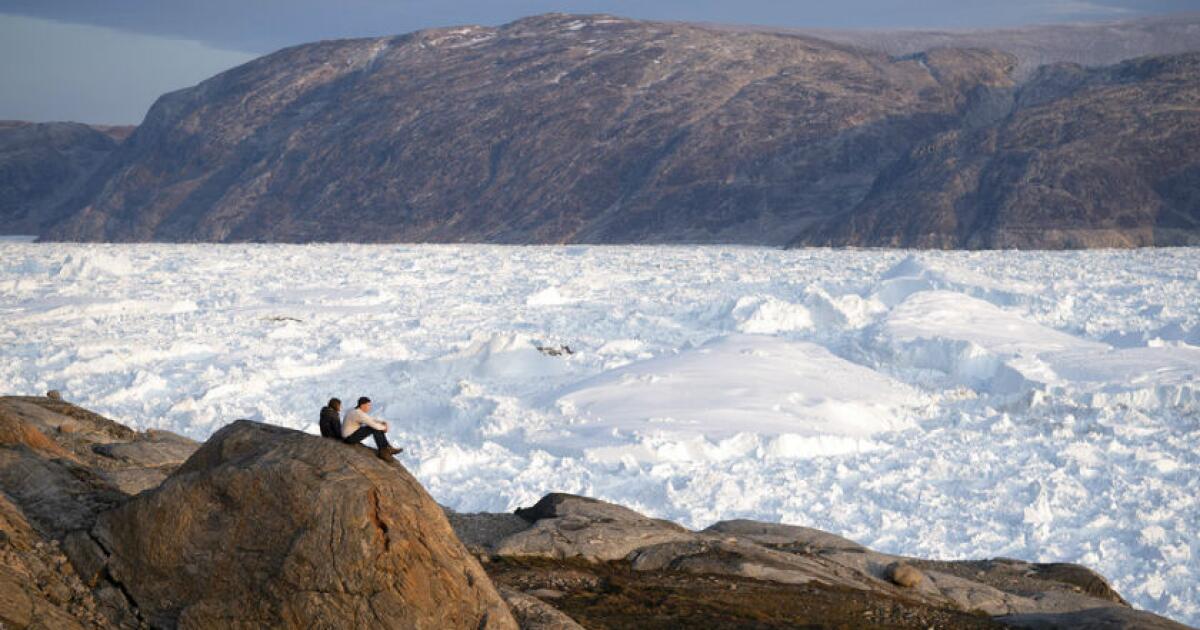The cause of Russian politician Alexey Navalny's death does not matter; He was assassinated by Vladimir Putin's regime.
It was a slow execution that began with his poisoning with the chemical agent Novichok in 2020 and continued with sadistic torture in prison after his incredibly daring decision to return to Russia in January 2021.
The official version about a blood clot that suddenly killed the 47-year-old politician on Friday may or may not be true, but the blame for his death remains squarely with the Russian president.
Navalny was outstanding in every way. Far above all Russian politicians and probably all contemporary Europeans in terms of charisma and bravery, he was a figure of hope who radiated immense optimism and displayed an irresistible sense of humor until his last days in prison in the Arctic.
He was a character similar to Salman Rushdie's Hummingbird in Midnight's Children, a charismatic politician trying to prevent the disintegration of the newly independent India. Navalny was a very inspiring and unifying personality who was able to unite what was falling apart in this current time of conflict and polarization.
With his anti-corruption crusade that exposed the illicit wealth of the regime's top figures in a series of brilliantly produced videos on YouTube, he built a vast support base and Russia's largest regional opposition network. He brought together liberals, nationalists and leftists: everyone who was tired of the corrupt securitocracy that has ruled Russia for a quarter of a century.
Navalny moved opposition politics out of Moscow and St. Petersburg and into distant regions and small cities. Internet-savvy and well-versed in contemporary culture, he brought about a generational shift in the ranks of the Russian opposition. Among his followers were largely twenty-somethings or even teenagers who had never experienced any other political regime than Putin's.
It embodied the hope that change could be achieved through non-violent resistance in the style of the velvet revolutions that toppled the communists in 1989-91. Born to a Ukrainian father and having spent some of his happiest childhood days in Ukraine, Navalny could also have helped mend the rift between the two neighbors currently locked in a bloody war.
Although his death falls squarely on Russia's political leadership, the hope he represented was shattered by the renewed geopolitical confrontation between Russia and the US-led West. He was a thorn in the eye of the beneficiaries of this conflict, including Putin himself in the first place.
But Navalny and his movement were also subject to incessant attacks by anti-Russian troll farms and hardline pro-Ukrainian figures linked to the military-industrial complex and securitocratic masses in the capitals of NATO countries.
The accusations leveled at Navalny boiled down to him being a Russian nationalist who would have done the same as Putin, but perhaps even more efficiently because he would have clamped down on corruption.
At the beginning of his political career, Navalny did indeed flirt with far-right politics, but he long ago turned away from it toward a frankly pro-Western liberalism.
There is no simple answer to the question of how Navalny would have acted if he had in fact become Russian president instead of Putin. In fact, it is difficult to say to what extent everything that happened between Russia, Ukraine and the West had to do with personalities. It is important to remember that Putin himself went from being a Western-backed candidate of the Russian liberal elite to a murderous authoritarian, a process in which the West's frivolous and arrogant attitude towards Russia's main security interests played no small role. .
A few weeks after Russia's full invasion of Ukraine two years ago, one of the Ukrainian government's top spokesmen at the time, Oleksiy Arestovych, said that a liberal democratic Russian president would also have invaded Ukraine in the same way: It was the logic of geopolitical confrontation.
That kind of thinking assumes that the U.S.-led West intended to humiliate Russia in a way that no Russian leader would ever have accepted: delivering a strategic defeat. In fact, that's something many hawkish commentators in the West are calling for today.
Navalny was first and foremost a Russian politician, which is why he made what seemed like a suicidal decision to return to Russia after surviving the poisoning.
That was the only way to remain politically relevant in Russia. She didn't want to be anyone's puppet. In the West, he would have been, at best, like General Charles de Gaulle in London during World War II: distrustful and isolated. How would he have handled the crazy xenophobic attacks on social platforms that his exiled allies are being subjected to on a daily basis? How would he have reacted to visa and travel restrictions that harm anti-Putin Russian exiles to a much greater extent than supporters of the regime?
Unlike de Gaulle, he would have had little chance of returning and playing a role, as the geopolitical conflict was strengthening Putin's regime and threatening to usher in another half-century of Cold War and Iron Curtains in Europe.
In Russia, he thought he could at least bank on the growing war fatigue and become an Eastern European version of Nelson Mandela, waiting for the hour of freedom.
Had he miraculously managed to come to power, he would still have faced a very hostile West, inclined to defeat and humiliate Russia rather than find a common language and uncomfortable compromise.
However, he was a very different man to Putin in that he simply was not the type of politician who thrived on conflict. He was not a man of the current era of confrontation and polarization. He perhaps belonged to the better future that Eastern Europe can still achieve after years of misery.
Would he have managed to find compromise-minded interlocutors in the West and sideline the trigger-happy hawks? I would have had a good chance. That's why he was such an unloved figure in those circles.
Navalny is a tragic figure and in that sense is perhaps only comparable to Ukraine's Volodymyr Zelenskyy: initially a very unifying pro-peace figure who is now forced to wage an increasingly desperate battle against the grandmaster of conflict, Vladimir Putin. .
But Navalny has nurtured a generation that may have dozens or hundreds like him in its ranks who can work to achieve the “beautiful Russia of the future,” as he called it in his main political manifesto.
The views expressed in this article are those of the author and do not necessarily reflect the editorial position of Al Jazeera.

